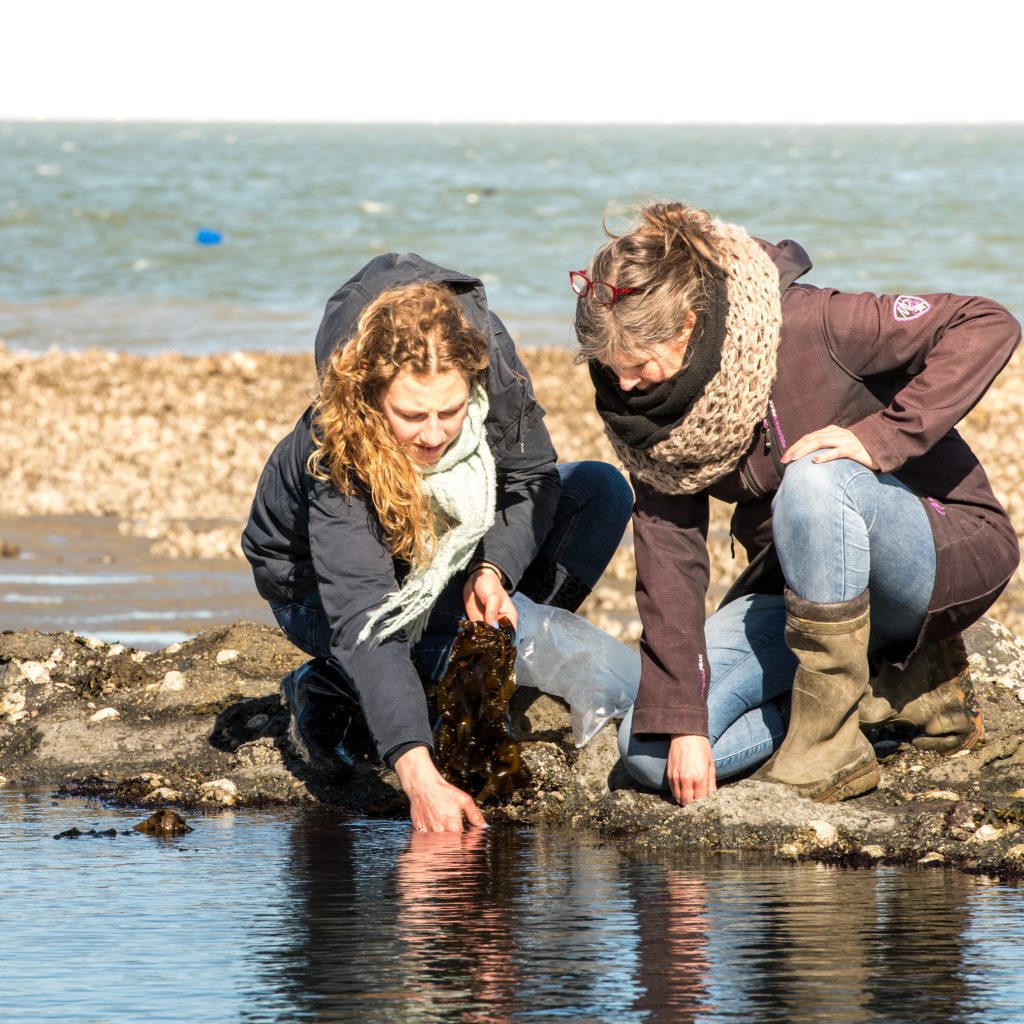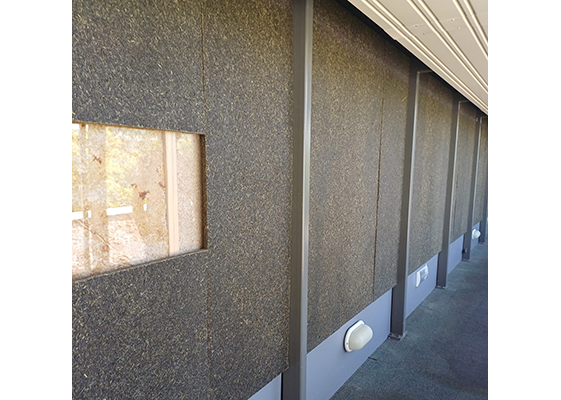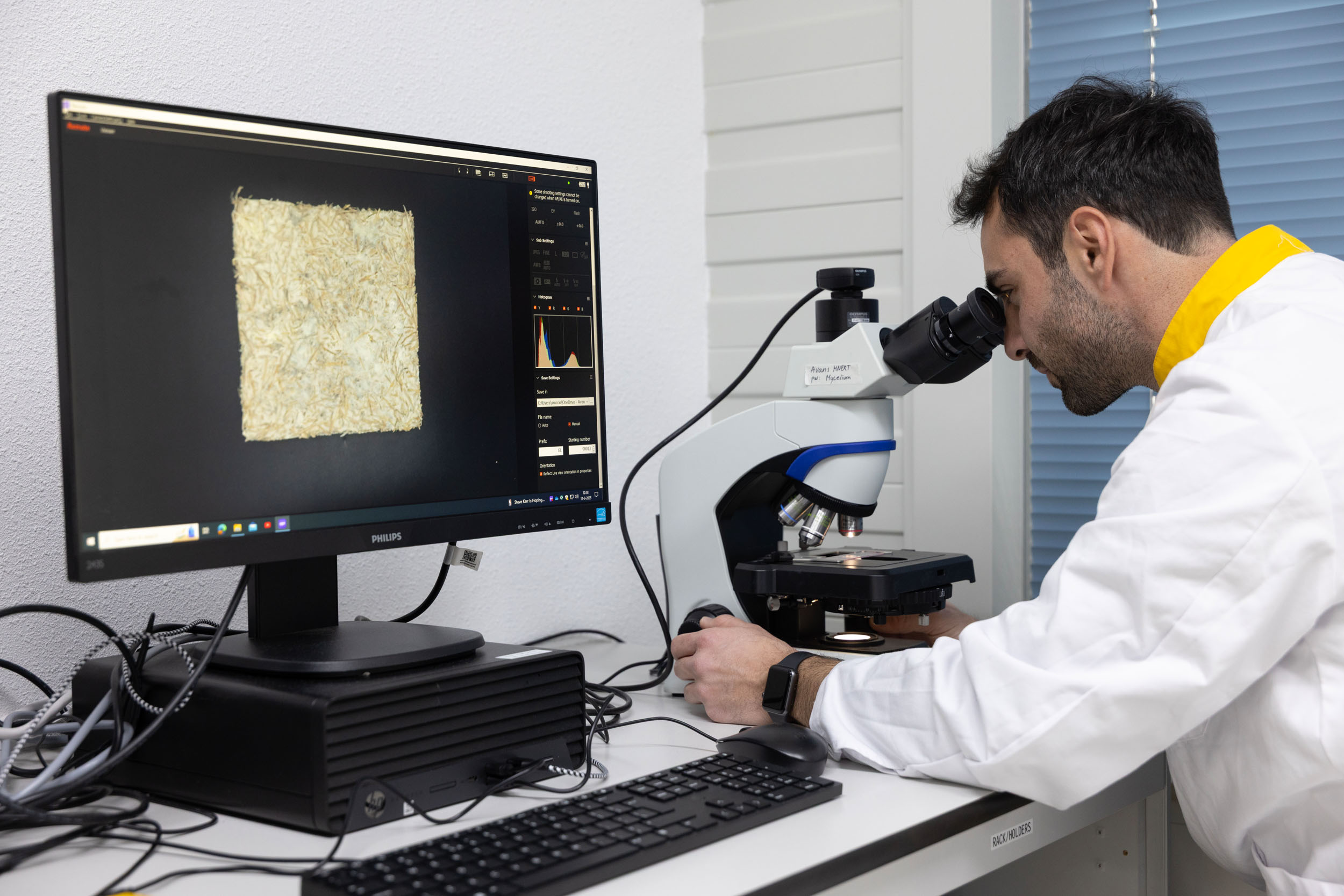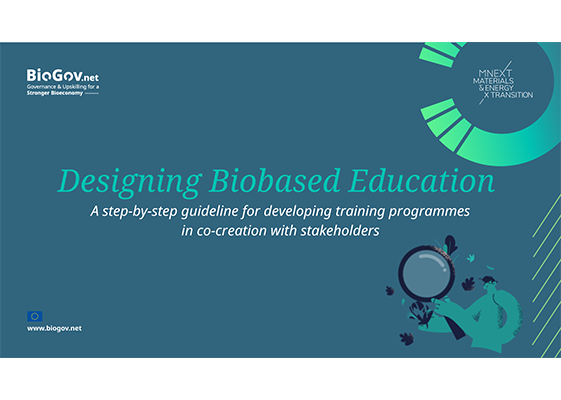Miaomiao Zhou, Associate Professor Smart Fermentation
What is your expertise?
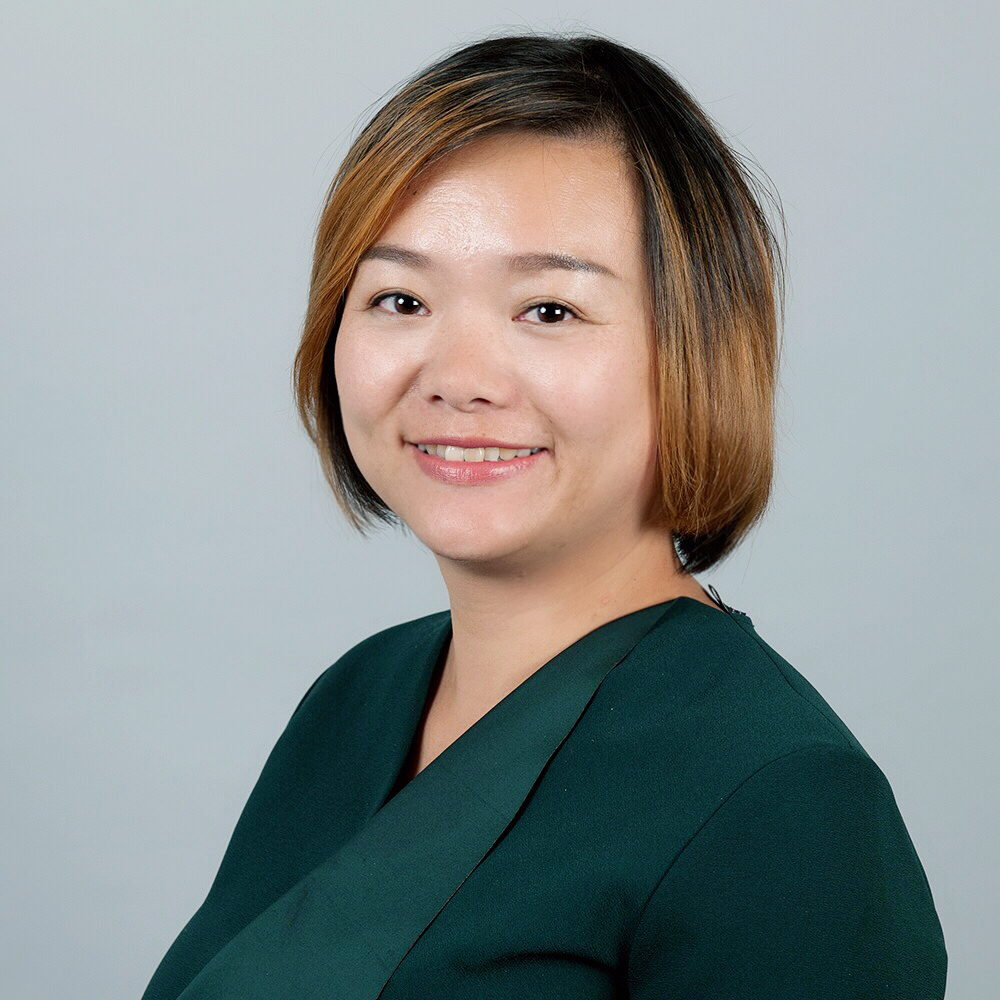 After my study in clinical medicine and computer sciences at China, I came to the Netherlands 20 years ago as a master student in Bioinformatics, WUR. Afterwards, I earned my PhD from Radboud University in Bioinformatics. Along the way, I worked at NIZO and the Westerdijk Fungal Biodiversity Institute, where my interests combined molecular biology, microbiology, and computer sciences. This lead to my passion in industrial fermentation—a process that could potentially biosynthesize almost any organic molecules. In 2015 I joined Avans. Since then, my focus has been on integrating big data into life science education and smart fermentation research.
After my study in clinical medicine and computer sciences at China, I came to the Netherlands 20 years ago as a master student in Bioinformatics, WUR. Afterwards, I earned my PhD from Radboud University in Bioinformatics. Along the way, I worked at NIZO and the Westerdijk Fungal Biodiversity Institute, where my interests combined molecular biology, microbiology, and computer sciences. This lead to my passion in industrial fermentation—a process that could potentially biosynthesize almost any organic molecules. In 2015 I joined Avans. Since then, my focus has been on integrating big data into life science education and smart fermentation research.
Can you explain more about the topic of your associate professorship?
Fermentation technology is one of the most promising solutions to the problem of resource inequality and pollution. Far evolved from making sauerkraut, modern fermentation is able to produce a large variety of materials using microbial cell factories. Precision fermentation, driven by biotechnology, is advancing toward large-scale chemical and biobased material production. This approach has the potential to generate animal-free alternatives.
Can you mention one thing which you are most proud of at the moment?
I take pride in weaving the latest research into education. The future belongs to the next generation, it is essential to equip them with the ability to master advanced technologies and knowledge. My position, in which I bridge research and education, is more than just a job to me; it is a personal commitment. I feel the proudest at those ‘aha’ moments when students and junior researchers connect to new know-hows. I am happy that we started our research-education project FermiChem, hopefully it will become one of the sparks to propels us into the future.
What are your future plans and dreams in the role of this associate professorship?
The synergy of big data, biotechnology, AI, and robotic automation propels industrial fermentation into “industry 5.0.” As we navigate this evolution, my vision is a collaborative transition toward a sustainable and automated manufacturing future. Utilizing my expertise in computer sciences and industrial fermentation, I aim to work with educators and students, fostering a shared journey in the green and circular economy.
Qian Zhou, Associate Professor Chemical Valorizing of Solid Residual Streams
What is your expertise?
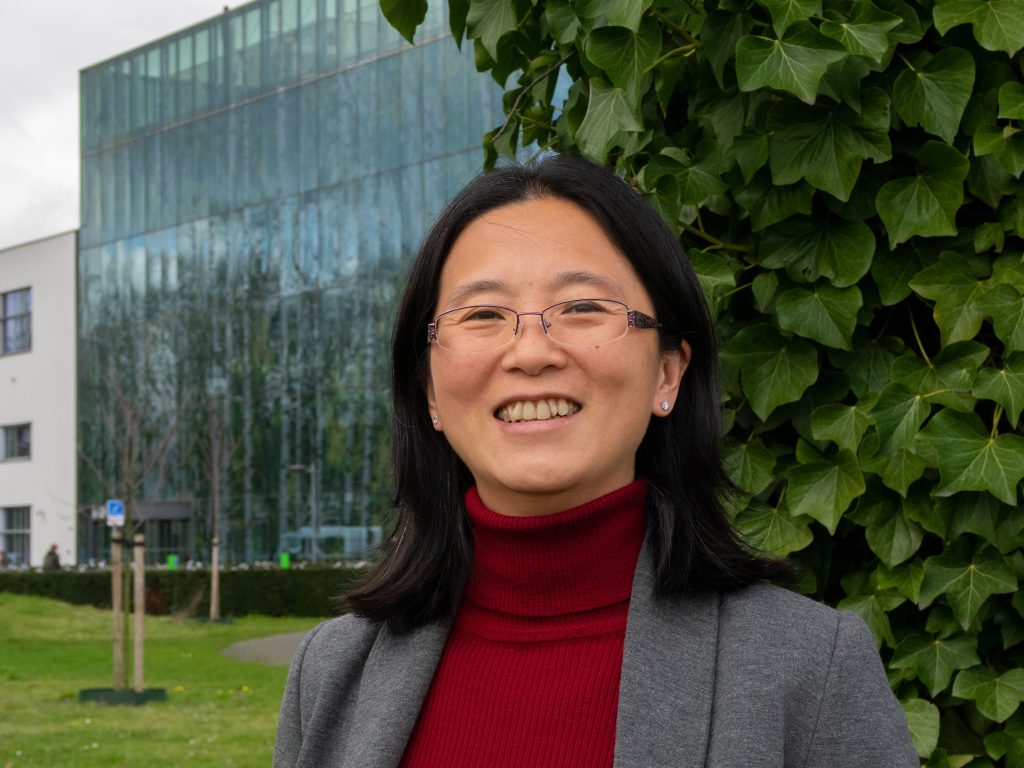
I graduated in Chemical Engineering (MS, 2000) and Materials Science (PhD, 2003) from Sichuan University, China. During my PhD research, I extensively studied the pyrolysis behavior of polyolefins.
After receiving my PhD, I joined Sichuan University, where I focused on chemical recycling of plastics. In 2014 I became part of Avans and MNEXT as a teacher/researcher specializing in (thermo)chemical valorization of solid residual streams, including biomass and waste plastics. My expertise lies in utilizing two key technologies: pyrolysis (the process of thermal decomposition in the absence of oxygen) and solvolysis (the use of reactive solvents to break chemical bonds).
Can you explain more about the topic of your associate professorship?
My associate professorship focuses on the exploration of new concepts, method development, and process/product improvement of solid residual streams valorization based on our core technologies: pyrolysis and solvolysis. We convert plastic and biomass residues such as cashew nutshell, paper mill sludge, thermosets (epoxy resin, unsaturated polyester) and the composites, waste packaging material into chemicals that can be used as building blocks to make new polymers, into advanced materials, and energy products. The specific research topics that my associate professorship looks into are: Chemical recycling of waste plastics, biomass pyrolysis, pyrolysis liquid upgrading and application and biocarbon modification and application.
For instance, we are developing methods to effectively extract of cardanol from pyrolysis liquid and use it as the building block to make biobased recyclable thermosets.
Read more
Another topic is the modification of the biocarbon and relate the properties to the feedstock and the pyrolysis conditions. We have successfully applied biocarbon as a biopolymer enhancer.
Can you mention one thing which you are most proud of at the moment?
I designed, developed and brought the auger pyrolysis reactor into operation. We have used the reactor to test different feedstocks and optimize the reaction conditions to improve pyrolysis product quality, yield, and usability.
What are your future plans and dreams in the role of this associate professorship?
We aim to bring the field of (thermo)chemical valorizing of solid residual streams to national and international recognition by close collaborating with SMEs, education, and knowledge institutes.
Tanja Moerdijk, Associate Professor Marine Biobased Chemistry?
What is your expertise?
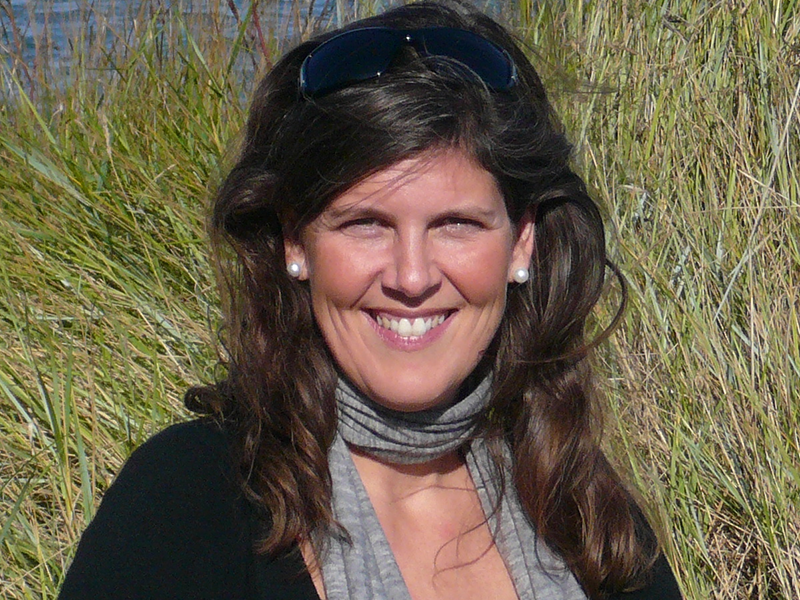
I graduated as an analytical chemist and received my PhD at the University of Amsterdam/Royal Netherlands Institute for Sea Research. I specialized in applying chemical knowledge in marine ecology. At HZ University of Applied Sciences my research is practice-oriented and innovates around low-trophic biomass, such as (micro)algae and seaweed, focusing on valuable food production and sustainable replacement of fossile-based compounds while targeting the transition of the food chain. I am using my expertise to enthuse students to do practice-oriented research and actively involves them through internships, graduation assignments and project education.
Can you explain more about the topic of your associate professorship?
By targeting the transition of the food chain towards utilizing low-trophic biomass, we pave the way for a more sustainable, resilient, and environmentally friendly future. Marine resources are abundant and have a low environmental impact compared to traditional agriculture. My associate professorship includes areas like sustainable (marine) proteins, taste, aroma, and texture components, valorization of natural substances, and sustainable packaging materials. The chemical perspective in food innovation plays a pivotal role in ensuring that food is not only safe but also nutritious, flavorful, and meets the demands and expectations of consumers in an ever-evolving market.
Can you mention one thing which you are most proud of at the moment?
I am proud of the realization of the Joint Research Center Zeeland (JRCZ), a unique, inspiring research environment. The chemistry labs are well-organized and have great facilities. The JRCZ acts as a link between research groups, knowledge institutions and SMEs where mbo, hbo and wo students are involved! Together we aim to find solutions for challenges that are relevant in a delta area like Zeeland. The focus lies on the themes of water, energy, food and biobased economy. By bridging research and practical application we enhance the business climate for companies and residents, strengthening the economy of Zeeland.
What are your future plans and dreams in the role of this associate professorship?
I like to collaborate even more with other research groups to come up with new ideas, implement innovative technologies and develop knowledge networks and innovation ecosystems around the transition of the food chain.




